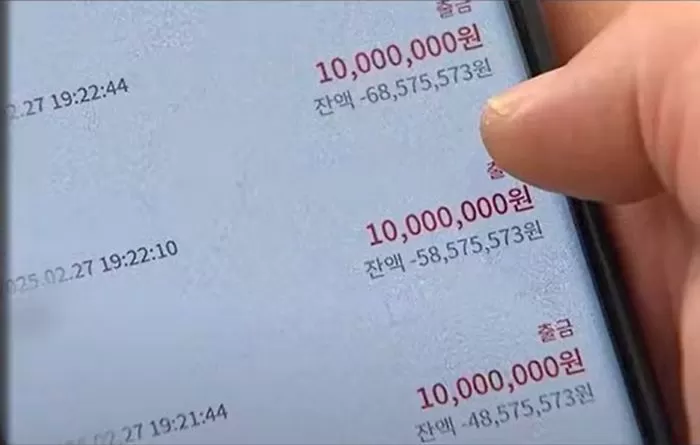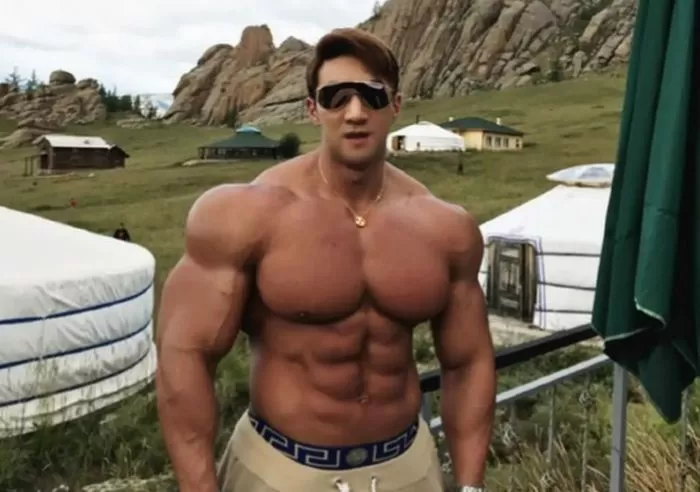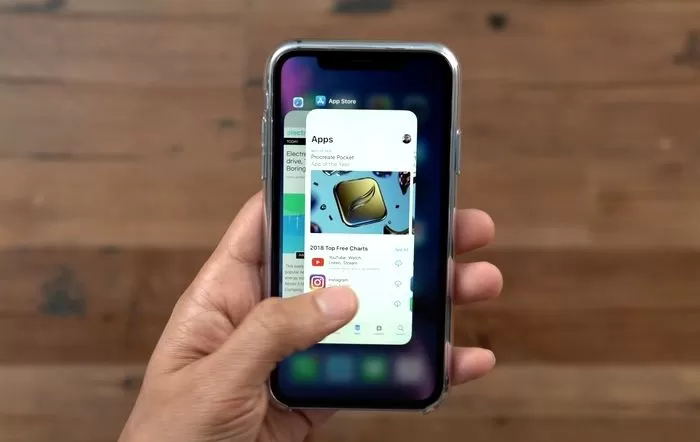Supreme Court "Violation of Infectious Disease Control Act… Original ruling justified"
A fine has been ultimately confirmed for Kim Moon-soo, a preliminary candidate for the presidential election from the People Power Party, who was prosecuted for violating the government's gathering ban order aimed at preventing the spread of COVID-19 by attending on-site worship services. This brings an end to the lengthy trial with the Supreme Court's ruling.
On the 24th, the Supreme Court's first division (Chief Justice Seo Kyung-hwan) confirmed the original ruling that sentenced the candidate to a fine of 2.5 million won for violating the Infectious Disease Control Act. The 10 others, including an associate pastor and church members of the Sarang Jeil Church, who were also prosecuted, had their fines of 1 million to 3 million won from the second trial upheld.
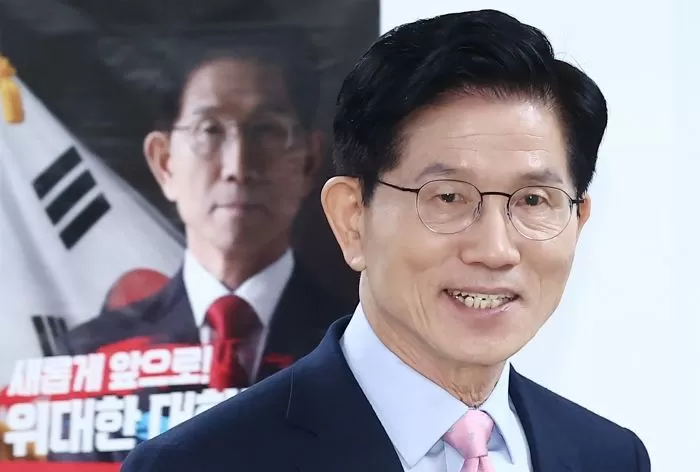
The court stated, "The original ruling did not violate the laws of logic and experience, nor did it exceed the limits of free evaluation of evidence," and dismissed Kim's appeal. It also determined that there was no legal misunderstanding in the application of the Infectious Disease Control Act.
First trial acquittal → Second trial conviction → Confirmation of fine by Supreme Court… The key issue is 'proportionality'
This case stems from violations of the gathering ban order issued by the Seoul city government during the period from March 29 to April 19, 2020, when the COVID-19 crisis alert level was raised to 'serious'. Kim Moon-soo allegedly conducted face-to-face worship services four times during this period.
Investigations revealed that Kim attended three services on March 29, April 5, and April 12.
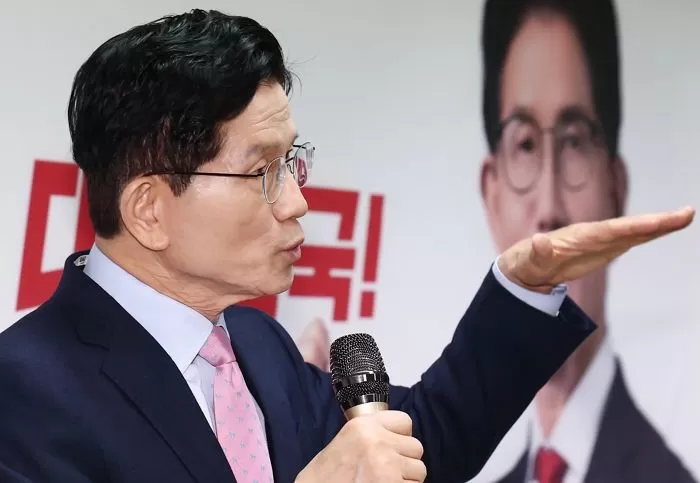
In the first trial in 2022, the court ruled that the actions taken by Seoul city were contrary to the principle of proportionality, acquitting all defendants.
The court at that time stated, "Seoul city did not adequately explore less restrictive alternatives to a complete ban on on-site worship," viewing the administrative order itself as having procedural flaws.
However, the appellate court overturned this decision. The second trial stated, "Seoul's quarantine measures started from a practical recommendation for social distancing and were gradually increased in intensity, with the ban on face-to-face worship as a minimum measure for non-compliant churches," acknowledging guilt. The Supreme Court also agreed with this judgment.
Despite the confirmation of the fine, the right to run for office remains intact
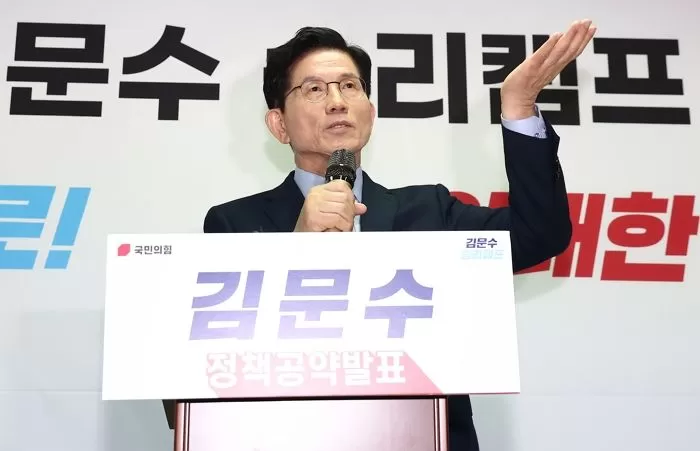
Although Kim's fine has been confirmed, under the Public Official Election Act, there are no restrictions on the right to run for office unless he faces imprisonment or a more severe penalty. Therefore, he is not legally restricted from running for public office in future elections, including the presidential election.
However, it remains uncertain how his actions, which openly contradicted public health measures during a health crisis, will affect his future political career. Beyond legal accountability, restoring social trust is expected to be a significant challenge.
Image source: Kim Moon-soo, preliminary candidate for the presidential election from the People Power Party / News1, News1
